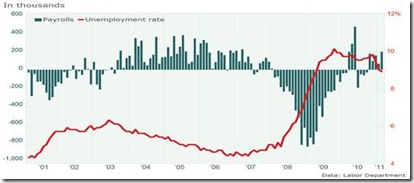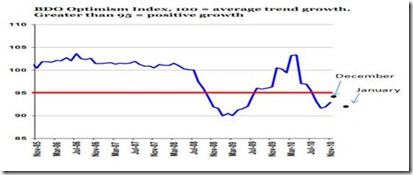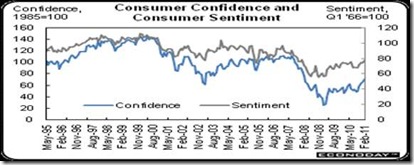Financial FAQs
The blame game is back on in Washington with the budget debate. But it is really a cover for hidden agendas. Job formation is finally bringing down the unemployment rate, but hasn’t yet brought back 7.1 million of the jobs lost from the Great Recession. What is holding up job formation? It is in fact the debate over whether to ‘fix’ the federal deficit, or continue the various government stimulus programs that are helping bring down unemployment.
Let us be clear about it. Austerity measures to bring down deficits don’t grow economies when economic growth is not yet sustainable. Great Britain’s newly elected austerity government is proving that. In the debate over the budget, the deficit hawks seem to be leaning on the claim that austerity will actually increase employment, because it will raise business confidence, says Nobelist Paul Krugman in a recent blog piece. But how’s that going in Britain, where the Cameron austerity program was supposed to lead the way?
Not so good, according to Britain’s latest BDO business confidence survey, which is a poll of polls that pulls together all the results of the main business surveys. It’s December headline? “Severe drop in service sector confidence spells danger for UK economy--Private sector unprepared to fill the hole left by public sector cuts.”
And a post from UC Econ Professor Brad Delong catalogues when the federal deficits grew most as a percentage of GDP growth. It was fairly low—until the Reagan/Bush I (1980-92, and Bush II (2000-08) eras. Those were the administrations that advocated tax and government spending cuts as the path to prosperity. Need we say more?
So why are we finally seeing some increase in hiring? Consumers feel confident enough to begin spending again. And it takes a period of increased spending before employers will hire more workers. The consumer ended up with a fatter wallet in January, though it did not open it up as much as in recent months. Personal income in January surged 1.0 percent, following a 0.4 percent gain the month before.
The consumer confidence surveys are one gauge of consumer demand. The Conference Board's index rose to 70.4 in February for the best reading in three years. January was revised more than four points higher to 64.8. Most of the improvement was related to a better assessment of the jobs market. Fewer consumers in February said jobs are hard to get, at 45.7 percent, compared to January's 47.0 percent. Also, upward revisions were especially striking in the assessment of future income which before this report had been in unprecedented inversion; that is more saw their income decreasing than increasing. Not anymore, says Econoday, as 17.3 percent see their income improving versus 13.8 percent seeing a decrease.
And so employers are beginning to hire again. Nonfarm payroll employment increased by 192,000 in February, and the unemployment rate fell to 8.9 percent from 9.0 percent, reported the U.S. Bureau of Labor Statistics.
But the unemployment rate for the “marginally attached & Part Time” still tops 15 percent, while the median duration of unemployment tops 20 weeks, which means not enough jobs are yet being created to absorb new entrants.
That means private sector employers are still reluctant to expand. That is, we really will not see a sustained recovery that feeds other sectors—such as housing—until the unemployment rate drops much lower, which Fed Chairman Bernanke predicts won’t happen for several years, as we said last week. Therefore for the deficit hawks to call for austerity measures now would do to our economy was it is doing to Britain’s—lower business confidence, when the deficit hawks say it should increase confidence. So who is right?
Harlan Green © 2011






No comments:
Post a Comment